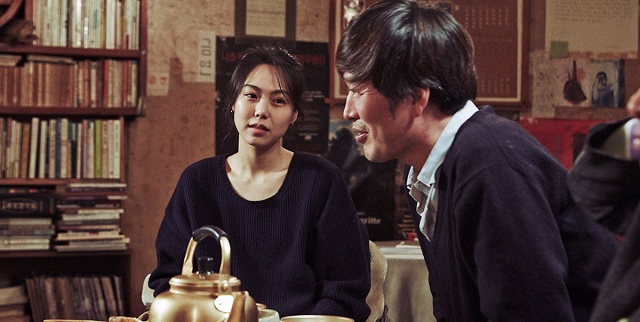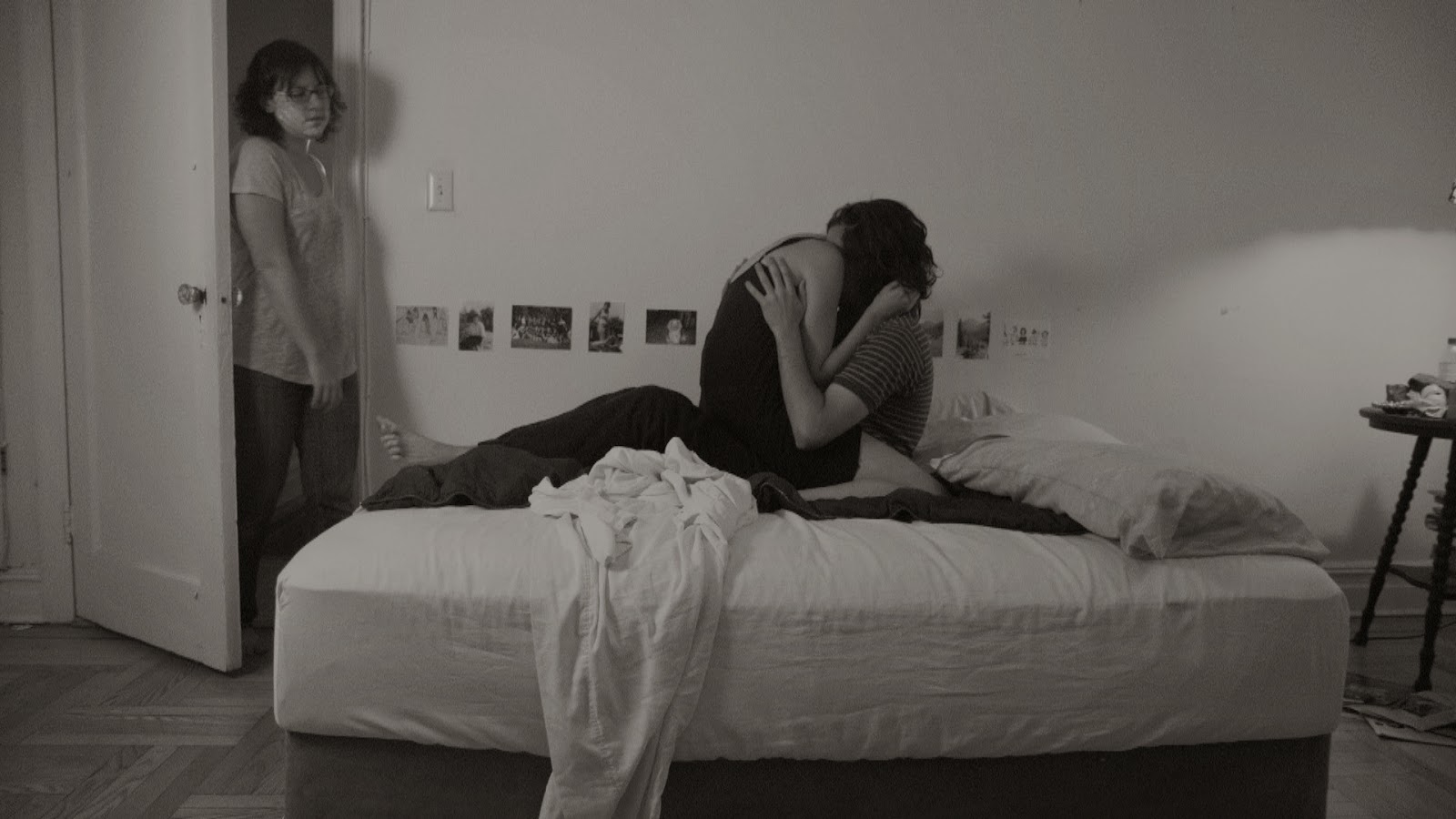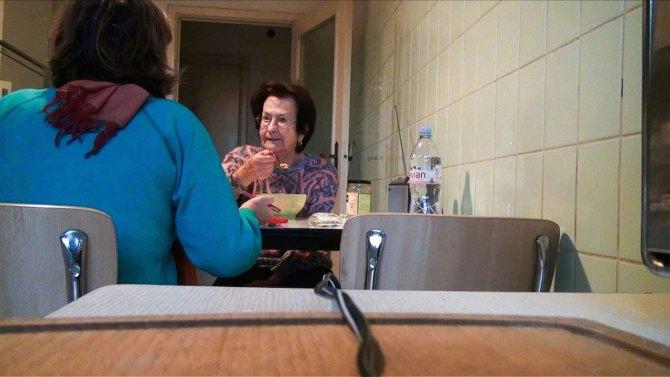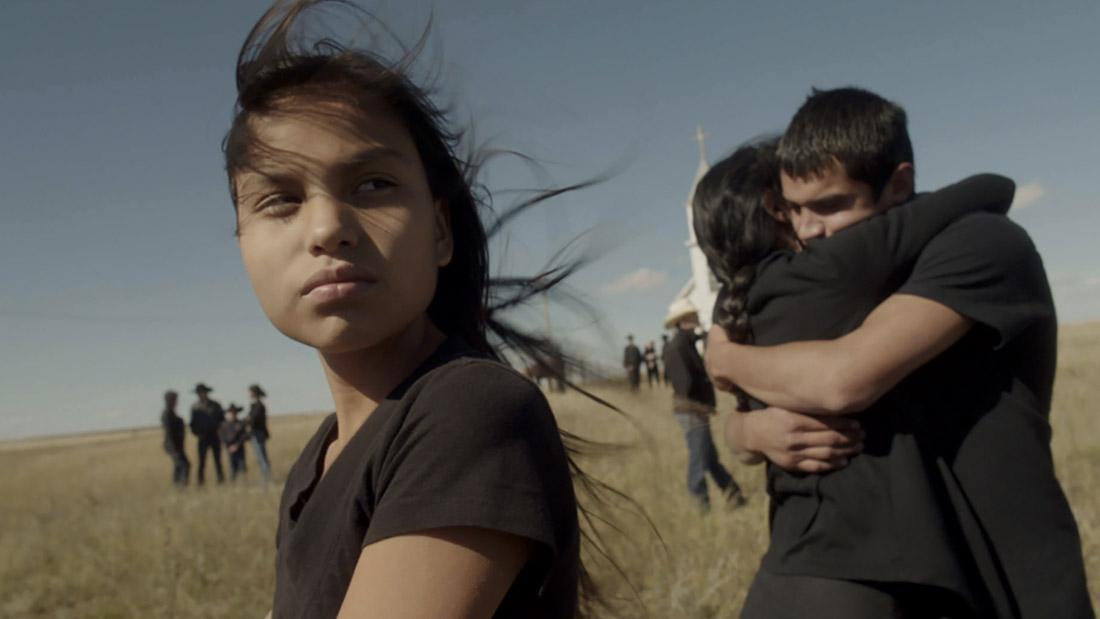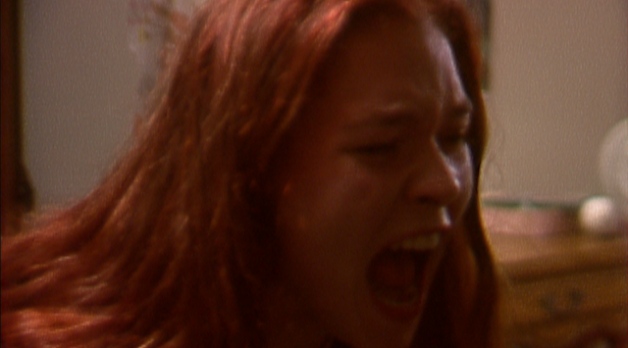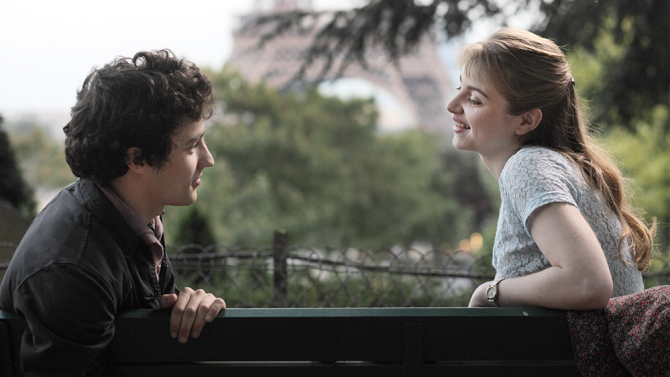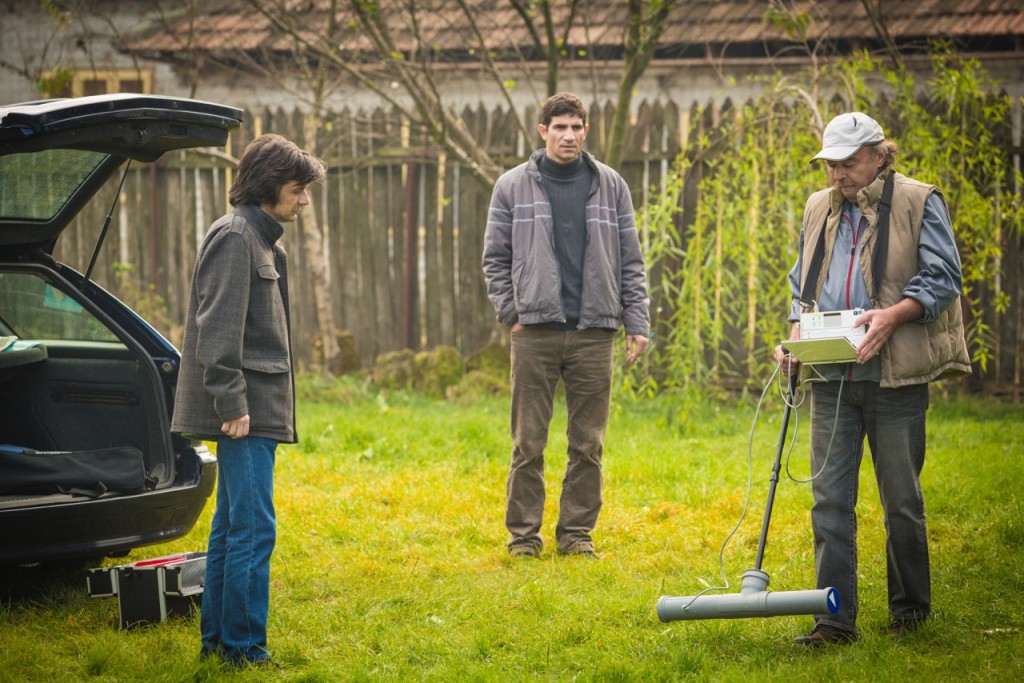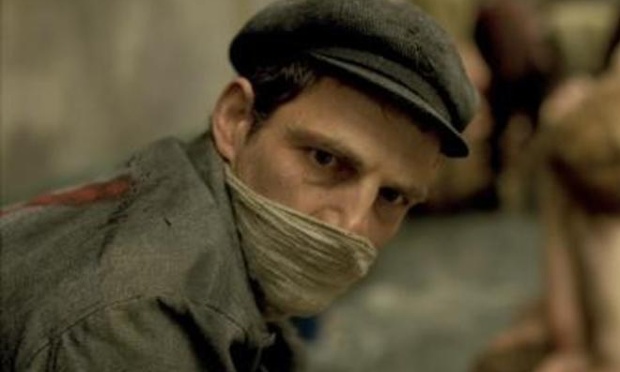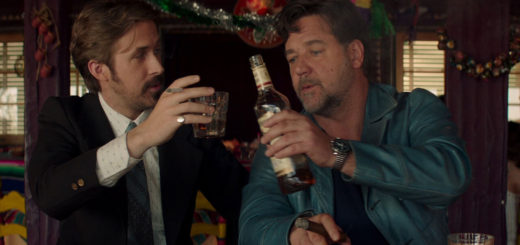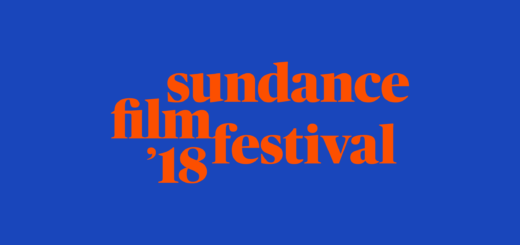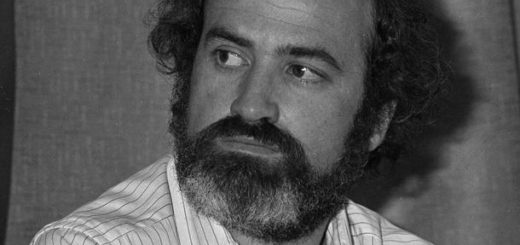AFI Fest Top Ten
AFI Fest is an annual film festival in Hollywood that programs many of the most acclaimed films from major festivals throughout the year including Sundance, Berlin, Cannes, Locarno and Venice. The major plus of this festival is that all the tickets are free, with the accompanying downside that the AFI Fest ticket-acquiring website is always a nightmare to navigate. Also, last year a man was maced in the face for telling a woman to stop using her phone during a screening. But if you’re willing to brave the belligerent hordes (just a couple disagreeable folks really), there are usually many knowledgeable cinephiles at the Fest willing to strike up surprisingly pleasant conversations, making the festival a socially enjoyable and culturally relevant experience. Here’s my take on the top ten films that the festival hosted this year.
RIGHT NOW, WRONG THEN
Director: Hong Sang-soo
Genre: Romantic Comedy
When the AFI Fest schedules are unveiled every year, one can usually expect to find the new film by prolific Korean director Hong Sang-soo in the lineup. Many a Hongian suffered near unendurable agony last year when his 66 minute utter joy of a film, HILL OF FREEDOM, was not programmed for some inexplicable reason. Despite this unforgivable grievance, LA cinephiles are beginning their collective healing process after seeing his latest film RIGHT NOW, WRONG THEN, which took the Golden Leopard at this year’s Locarno Film Festival. As expected, the new Hong Sang-soo film ended up being this reviewer’s favorite film at AFI Fest.
Hong Sang-soo’s film uses a group of familiar elements – director or professor of director/professor and the admiring female student/cinephile; playful, abrupt camera zooms; scenes typically covered in one camera set-up; a lot of soju consumption; men exhibiting eccentric and erratic behavior due to said soju consumption and romantic yearning; and structural tactics employed to provide new perspectives on behavior. With RIGHT NOW, WRONG THEN, Hong splits his film into two similar halves which involve the same characters and scenes but feature subtle differences in camera set-up, characterization, and performance style. The first scene of each half of the film which sees the meeting of the two main characters, director Ham Cheon-soo and painter Yoon He-Jeong, generally consists of the same dialogue, but with Hong’s slight differences in direction, the scenes are radically different in tone; the first playful and romantic, the second uncomfortable and slightly hostile. Hong never clearly indicates the conceptual juxtaposition between both halves, but an artistic plan emerges: Hong contrasts between romantic leads willingly playing into each other’s fictions in the first with the same characters refusing to indulge in such evasive flirting to such an extent and addressing their sorted pasts in the second. While one might take issue with the concept being so sign-posted without a clear way to reconcile alterations in character, Hong ultimately transcends concept with his usual richness of detail, especially in regard to the new sense of agency Yoon develops in the final stretch of the film.
BAD AT DANCING
Director: Joanna Arnow
Genre: Dramedy
When filmmakers put their insecurities front and center into films, the usual result is a work that panders for acknowledgment and validation. While it initially seems like this might be the case with Joanna Arnow’s hilarious short film BAD AT DANCING, Arnow ends up playing her own clever commentary about the absurdity of male-female sexuality juxtaposed against the reality that her behavior is maddening and seeks to undermine much of what makes the expression of sexuality pleasureable. It’s refreshing to see an American film that explicitly involves sex, not as a spectacle in and of itself, but as a gateway into an enjoyably abstract vein of performance that strips out the natural responses characters might have to the transgressive behavior and leaves the audience with a matter of fact way of seeing sex and nudity. In the last scene, Arnow documents her character’s bitter, wise-cracking identity unraveling as her dysfunctional behavior reaches a breaking point that alienates her roommate and leaves Joana in a truly vulnerable state. That a second time director made a film that holds its own among AFI Fest films by seasoned masters like Hong Sang-soo, Chantal Akerman, and Philippe Garrel indicates that Arnow is one of the most exciting and distinctive voices in the American independent film scene.
NO HOME MOVIE
Director: Chantal Akerman
Genre: Documentary
For nearly five decades, Chantal Akerman has been showing her audiences the limitless possibilities for innovation and reflection that cinema can serve as a medium for. With her most recent and sadly, last film, Akerman uses a low grade digital camera to observe her relationship with her mother and show how they both process the emotional residue of the past. Akerman alternates between long takes of various parts of her mother’s house, shots of unspecified landscapes from within a moving car, and daily interactions with her mother. Much of the film’s pleasure involves thinking and experiencing the documented spaces along Ms. Akerman who directly handles the camera. During a skype call, Akerman tells her mother that she wants to include these calls because they show there’s no distance in the world, and this could also apply to the notion that widespread access to digital cameras allows people to express themselves through film in an intimate manner. What starts as a light-hearted and often funny home movie starts to get into unnerving territory as Akerman shoots a couple disorienting scenes in near darkness, talks about her mother being an Auschwitz survivor and prevents her mom from taking a nap. Indications of Akerman’s underlying sadness begin to surface, but it’s the sheer beauty of the love shared between Akerman and her mother, and attention to the effects of space on interiority that leave the strongest impression.
SONGS MY BROTHER TAUGHT ME
Director: Chloe Zhao
Genre: Drama
SONGS MY BROTHER TAUGHT ME has not received much attention on the North American festival circuit, but it is one of the most assured debut feature films in recent memory. The film is set on the Pine Ridge Reservation and many of the performers are non-professional actors and Native Americans who live on the reservation. A major strength of the film is its naturalistic depiction of people dealing with grief and disappointment by channeling their pain into digestible sentiments among their neighbors. So much of Zhao’s tapestry of this community could pass it as documentary that it threatens to marginalize her plot thread involving a teenager named John who plans on leaving his family to live with his girlfriend in LA. The film doesn’t quite reconcile the demands of narrative and documentary, but this issue becomes insignificant when weighed against the film’s attention to detail and the weight Zhao puts into every action and decision. While some might take issue with the Malick influence, evident in the wide-angle close-ups and ethereal tone, Zhao uses these tropes in service of her fantastic performers, most notably the adolescent first-time actress JaShaun St. John, who has a stunningly natural screen presence.
IN THE SHADOW OF WOMEN
Director: Philippe Garrel
Genre: Drama
Philippe Garrel’s latest film IN THE SHADOW OF WOMEN is a direct homage for the French New Wave, including a man who rationalizes his philandering in a manner that recalls a protagonist in an Eric Rohmer film and novelistic voiceover by Phillipe’s son Louis Garrel that recalls the films of Francois Truffaut. The black and white visuals are striking, with Garrel generally shooting in master shots with minimal cutting and switching between tripod and handheld so that he can be responsive to the movements of his performers. What holds the film back from greatness is its lack of specificity – the film feels like a summation on adulterous romantic entanglements that posits the Man as insisting upon the morality of his affairs while casting scorn upon Woman for her own flings. While the film is schematic in that Pierre’s behavior is linked to a discomfort with his girlfriend’s sexuality, a late absurdist twist throws the film’s simplifications into relief (or doesn’t depending upon how much good will the film has built up for you).
STINKING HEAVEN
Director: Nathan Silver
Genre: Dramedy
During certain passages of Nathan Silver’s latest film STINKING HEAVEN, which depicts a 1990’s New Jersey commune, the film feels like a full-on assault on the audience. The opening scene of the film is an idyllic sexual trist between two female leads, the relationship of whom you expect the film to follow, but the film quickly jars you out of that assumption and places you in a claustrophobic commune with people lashing out at one another while struggling to overcome past trauma. Silver’s narrative is fractured into shards of temporally and spatially disorienting scenes that exist without much context. While this approach to narrative initially seems aimless, an artistic plan rises to the fore during two key scenes involving therapeutic reenactments of bad moments in two men’s lives. Both scenes begin in media res with no initial indication that these are reenactments, making them seem like heated arguments similar to the many others in the film. Thus, when a violent non-reenactment altercation occurs late in the film, Silver conveys a sense of ambiguity over whether the characters are airing real grievances or whether this is just another elaborate coping exercise.
MY GOLDEN DAYS
Director: Arnaud Desplechin
Genre: Drama
Arnauld Desplechin’s MY GOLDEN DAYS is a prequel to his earlier masterpiece MY SEX LIFE… OR HOW I GOT INTO AN ARGUMENT, chronicling the teen years of Paul Daedulus who is played in his later years by Mathieu Amalric, the actor who played Daedeulus in the original. MY GOLDEN DAYS abandons Desplechin’s active camera style involving abrupt handheld tracking shots and jagged editing rhythms in favor of a more conventional coverage schema. On first go, this seems like a pale imitation of the usual Desplechin film, with arbitrary push-ins, characters breaking the fourth wall for theatrical monologues and iris shots for quirky effect. It does not help that Desplechin treats the subject matter, teen melodrama played for high stakes, without much tonal inflection or sense of ulterior emotions raging under the surface. An early subplot involving Daedulus swapping identities with a political refugee escaping the Soviet Union hints at broader contextual resonance, but this thread feels tacked on given the rest of the film’s narrow focus. Desplechin is one of the most talented directors in the world, but this film seems like a safe project for him after the commercial and critical failure of JIMMY P.
THE TREASURE
Director: Corneliu Porumboiu
Genre: Comedy
Time and time again, Romanian director Corneliu Porumboiu displays a keen sense of framing and a flair for deadpan humor, and pursues subject matter that cleverly satirizes strange aspects of bureaucracy and law in Romania. Unfortunately, time and time again, Porumboiu’s films convey the presence of a cerebral personality who has fully thought out all of his scenes in advance, so that when it comes time to shoot, there is little left for the filmmakers to discover. With THE TREASURE, Porumboiu falls into the same trap, though there a couple moments in this film, especially involving a metal detector, which are about as funny as cinema gets in the year 2015. Porumboiu employs long takes to accumulate a feeling of abstraction, which is suited toward the subject matter detailing the pursuit of a buried family treasure that the treasure-seekers are hoping doesn’t qualify as a national treasure so that they can take the full spoils for themselves. However, Porumboiu cannot muster up much tonally to counter the film’s abstraction and he ends hitting the same absurdist note over and over.
SON OF SAUL
Director: László Nemes
Genre: Drama
SON OF SAUL avoids many of the pitfalls of films that deal with historical atrocity by maintaining a certain degree of distance from the film’s identification figure. For most of the film, Nemes keeps the camera trained squarely on the protagonist, a Hungarian-Jewish prisoner in Auschwitz named Saul, which helps to both convey Saul’s detached internal state and avoid the pitfall of bludgeoning the viewer with depravity. While some critics have moral and historical issues with the film’s representation of Auschwitz, the film’s shortcomings have more to do with Nemes drowning out his narrative concerns with tedious cacophony. The central dramatic tension between Saul’s desire to bury a child he knew and the other prisoners’ desire for revolt gets overshadowed by the monotonous task-driven structure, which feels like a pretext for an obstructed tour of Auschwitz. SON OF SAUL completely loses its bearings when it ditches the counter-intuitive distancing effect that Nemes’ formal strategy imparted early in the film in favor of sensory overload and full-on subjective immersion.
NEON BULL
Director: Gabriel Mascaro
Genre: Drama
The designation “festival film” often bears a negative connotation and refers to films shot in the fashionable long take master shot style with political themes, a minimal plot, and some shocking and/or weird, violent and/or sexual acts. Gabriel Mascaro’s NEON BULL checks many of these boxes, but it’s hard to deny the film’s sheer craft, even if one wishes said craft was in service of something other than empty posturing. Set in a rodeo that becomes a kinky dance show at night, NEON BULL depicts a group of people who work at said rodeo that form a surrogate family. Rather than attentively documenting the details of this environment, the film emphasizes the quirkiness of its milieu and a couple, shall we say unique, sex acts (neigh). In addition to playing up strange details purely for effect, Mascaro fills many of his scenes with pandering laughs that mostly register as hollow diversions. What the film lacks more than anything is a framework through which these scenes can come across as anything other than meandering, stand-alone sketches. Mascaro’s drifting lateral tracking shots are representative of the film’s utter aimlessness.
Films this reviewer still wants to see that played at AFI Fest: NAHID (Ida Panahandeh), JAMES WHITE (Josh Mond), CAROL (Todd Haynes), THE LOBSTER (Yorgos Lanthimos), SWEET BEAN (Naomi Kawase), MEN GO TO BATTLE (Zachary Treitz), THE FORBIDDEN ROOM (Guy Maddin), BLOOD OF MY BLOOD (Marco Bellocchio)

